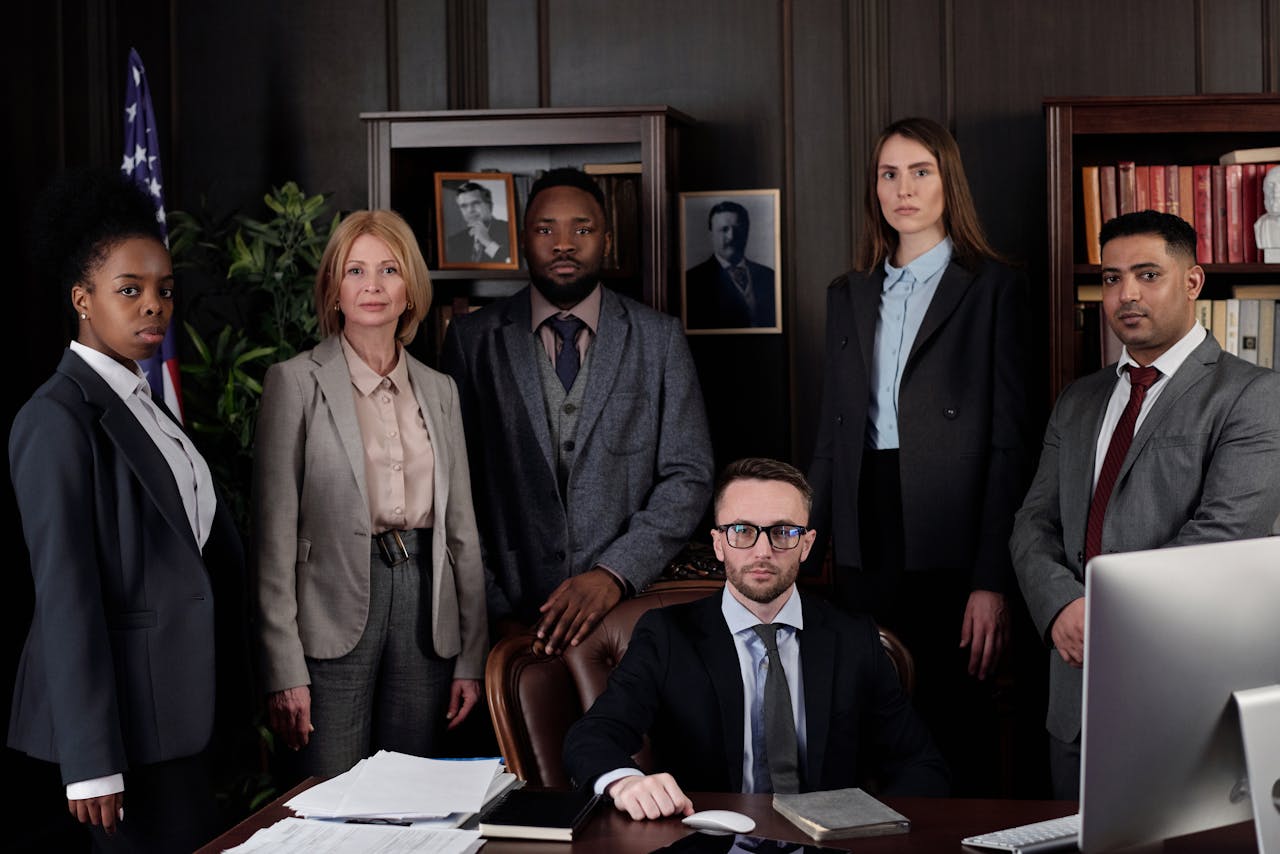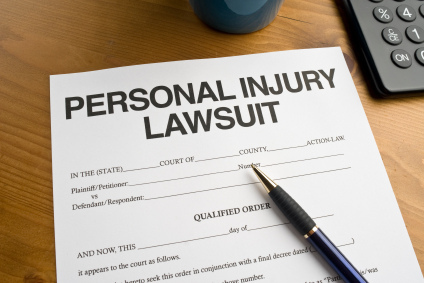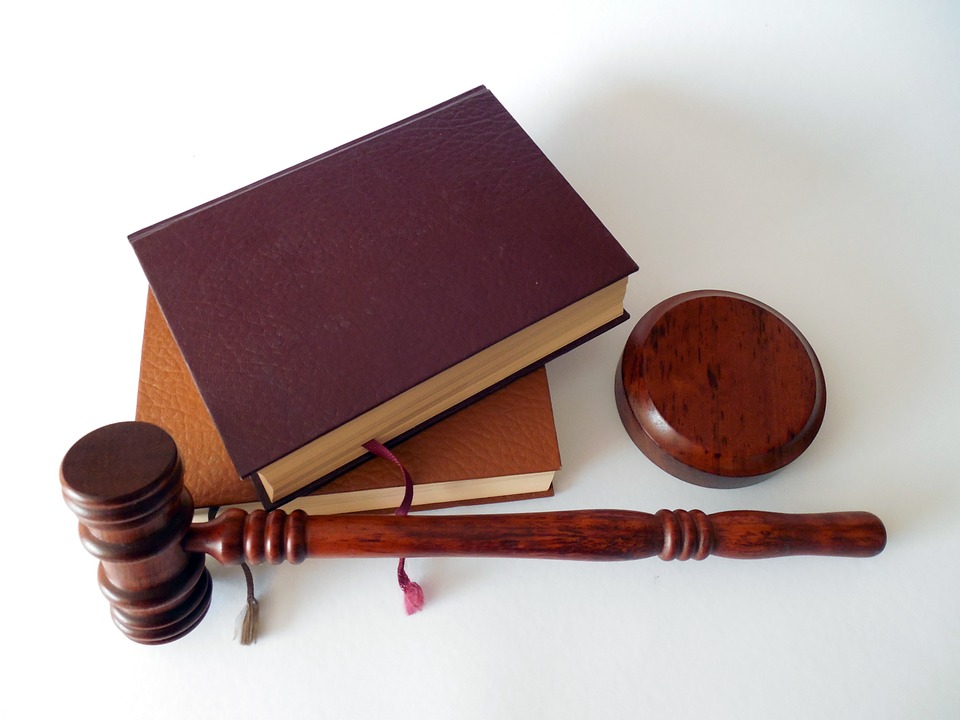Exploring the Ethical Dilemmas Faced by Lawyers
Lawyers play a pivotal role in upholding justice and advocating for the rights of their clients. However, in the pursuit of these noble objectives, they often encounter complex ethical dilemmas that challenge their professional integrity and moral compass. In this article, we delve into the ethical quandaries faced by lawyers, examining the principles, rules, and considerations that guide their decision-making in the practice of law.
Confidentiality and Attorney-Client Privilege
One of the fundamental ethical duties of lawyers is to maintain confidentiality and uphold attorney-client privilege. This obligation requires lawyers to safeguard the confidences and secrets of their clients, even at the risk of personal or professional consequences. However, lawyers may face dilemmas when balancing their duty of confidentiality with obligations to disclose information in the interest of justice, such as preventing imminent harm or complying with legal requirements.
Conflict of Interests
Lawyers are obligated to avoid conflicts of interest that may compromise their loyalty to their clients or the integrity of the legal profession. However, navigating conflicts of interest can be challenging, especially in complex cases involving various parties or competing interests. Lawyers must carefully assess potential conflicts and take appropriate steps to mitigate or resolve them, such as obtaining informed consent from affected clients or declining representation altogether.
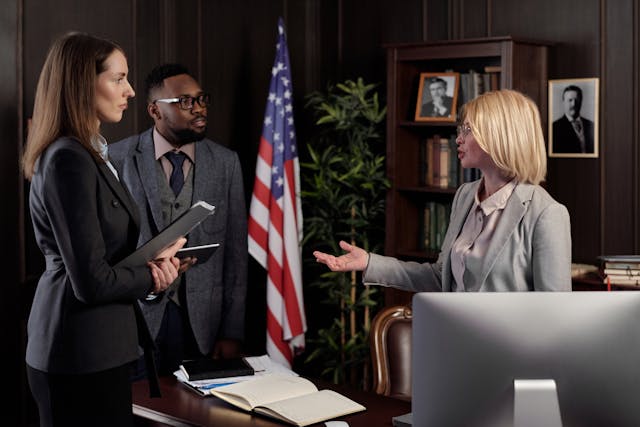
Zealous Advocacy vs. Professional Integrity
Lawyers are duty-bound to zealously advocate for their client’s interests within the bounds of the law. However, this duty must be balanced with the ethical imperative to uphold the administration of justice and maintain professional integrity. Lawyers may face ethical dilemmas when their clients’ interests conflict with broader ethical, moral, or societal considerations. In such cases, lawyers must navigate the tension between zealous advocacy and ethical constraints, ensuring that their actions uphold the principles of fairness, honesty, and respect for the rule of law.
Candor and Truthfulness
Honesty and candor are essential ethical principles in the practice of law. Lawyers must be truthful in their communications with clients, courts, and opposing parties, and refrain from making false or misleading statements. However, lawyers may face dilemmas when clients expect them to engage in deceptive or unethical conduct to advance their interests. In such situations, lawyers must uphold their duty of candor while finding ethical ways to advocate for their client’s interests within the bounds of the law.

Professional Independence and Integrity
Lawyers must maintain their professional independence and integrity, free from undue influence or pressure that may compromise their capability to represent their clients effectively. However, lawyers may face ethical dilemmas when confronted with demands from powerful clients, employers, or other stakeholders that conflict with their ethical duties and obligations. In such cases, lawyers must demonstrate courage, resilience, and ethical fortitude to uphold their professional independence and integrity, even in the face of adversity.
Conclusion
The ethical dilemmas faced by lawyers are complex and multifaceted, requiring careful consideration, ethical reasoning, and adherence to professional standards and obligations. By navigating these dilemmas with integrity, honesty, and a commitment to justice, lawyers can uphold the principles of the legal profession and advance the cause of justice for their clients and society as a whole.…
Hiring A Workers’ Compensation Attorney
What should you do in case you get an injury while at work? In a perfect planet, you will get quality medical care and adequate compensation. However, this world is far from being perfect. If you have never had an injury claim before, then dealing with your employer’s insurance firm can take a toll on your sanity. For success in your compensation claim, legal help is necessary.
If you are seeking a representative in Australia, a Google search should provide a list of the Best Workers Comp Solicitors, among other cities. Dealing with insurance firms alone is challenging since not everyone is aware of how the compensation system functions. To make things more complicated, the insurance companies know all there is to know about this system.
The Role of a Compensation Lawyer
Typically, the program put in place by the governments to deal with employee’s compensation claims functions properly. Nonetheless, there are instances where disputes may arise, forcing individuals to seek assistance from legal experts. Below are some of the reasons why hiring a worker’s compensation advocate is necessary.
Claim Denial
 If possible, insurance agencies and staff will try and find reasons to deny your claim. For example, they may say that the complaint was never addressed within the given duration. Some companies will state that the accident did not happen during working hours. Regardless of the reasons used, a lawyer is more likely to beat these claims and navigate the appeal easily.
If possible, insurance agencies and staff will try and find reasons to deny your claim. For example, they may say that the complaint was never addressed within the given duration. Some companies will state that the accident did not happen during working hours. Regardless of the reasons used, a lawyer is more likely to beat these claims and navigate the appeal easily.
Questioning of Your Permanent Disability Rating
In numerous claims, some insurance firms challenge the employee’s permanent disability rating given by your doctor. These companies will go further to suggest reevaluation tests from a doctor of their choice. All these acts are done to reduce or block the compensation funds. Legal experts know how to help their clients retain higher ratings avoiding such cheeky tactics.
Presence of Preexisting Conditions
If you suffer from a previous injury, insurance agencies can use this fact to dismiss your claim. An advocate with the right experience should help you avoid such setbacks and make your claim stand. He or she does this by helping you prove that the new injury is work-related.

The Process Is Serious
Regardless of what you may have heard, an employee’s compensation hearing is as serious as a trial. Such claims are likely to impact your life one way or another. This is the main reason to have a legal representative.…
Choosing the right accident lawyer
If you are involved in an accident, the first thing you should do is to contact a lawyer. This is the professional that will help you to get the right compensation. No matter where you live, you can always find many attorneys willing to take up your case. Actually, choosing one of the many offers is what proves to be a difficult task. If you have hired a lawyer before, things are likely to be even more difficult.

However, this should not be the reason why you end up choosing the wrong one because once you know the most important considerations; you always will have the good accident lawyer. Before going ahead to sign a contract with them, you should seek to find out what they are capable of. Here is how to go about it.

Try To Ask Them About Their Previous Cases
Knowing about some of the cases that they have handled in the past will give you an idea of what to expect from the lawyer. This is because you will know how fast they settle such cases. Let them tell you if they like full court cases, or if they prefer out of court settlements. Sometimes, either of two will be suitable based on the current conditions. For instance, there are times when you want an out of court settlement because you are likely to get a faster settlement, but the court case may end up awarding you more money.
Talk To Them About Their Support Staffs
It is common to find a reliable attorney, but with unreliable support staffs. The support staffs are the people that work in their offices that play a significant role in determining the kinds of services that you get. For that matter, you should be sure that they are competent, especially if you will be required to deal with them at some point during the case. For instance, you may want to visit the office to find out the dates of hearing, or just to submit additional information to help the case. If they do not offer the necessary help, especially when the attorney is not in, you can be sure of a difficult time.
Inquire About The Fees
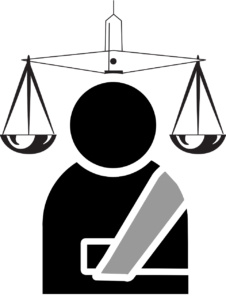 The fees payable to a lawyer depends on an agreement that is signed between the two parties. It is good to insist on a written contract so that you are sure of how much you will be paying once the case has been concluded. One of the worst mistakes is to get into the case without discussing money because you never know what the attorney will ask for at the end. There are those that charge a certain percentage of the compensation such as 30 percent, but others will be asking for a flat rate.…
The fees payable to a lawyer depends on an agreement that is signed between the two parties. It is good to insist on a written contract so that you are sure of how much you will be paying once the case has been concluded. One of the worst mistakes is to get into the case without discussing money because you never know what the attorney will ask for at the end. There are those that charge a certain percentage of the compensation such as 30 percent, but others will be asking for a flat rate.…
Role Of A Lawyer To His Client
The role of a lawyer in the society is to listen to your problem mainly, give you legal advice and discuss your options. They will also take instructions on what direction you want to take and help you understand how the law applies to your case. The lawyer can even represent you if you go to court.
Duties Of A Lawyer
Follow Instructions
 Your lawyer should be able to listen to you and the instructions about what legal problem you have and then carry out the instructions that are given. It is very important that you are very honest with your lawyer as their advice will mainly depend on the information that you give them.
Your lawyer should be able to listen to you and the instructions about what legal problem you have and then carry out the instructions that are given. It is very important that you are very honest with your lawyer as their advice will mainly depend on the information that you give them.
After listening to you, your lawyer should be able to give you the proper advice that you will need, and as much as sometimes it may be difficult for the lawyer to give you legal advice straight away, you will have to understand all that is at stake first. They have to do some extensive research and give you the advice that will be the right one to be able to pursue the right direction.
Your lawyer must give you all the options that are available, and in most cases, it is advisable to take the advice your lawyer will give you because it is normally most likely it is always the best option. However, the final decision is always yours, whatever you will do will be your decision. If you do not understand what they have told you then you should tell them that you do not understand and that they should explain the situation properly until you know.
While your lawyer must act on your instructions, it is also a legal procedure that they primarily follow your instructions even when they do not agree with your decision because that is what they are required to do. Your lawyer also has an ethical obligation not to mislead the court or waste the court’s time.
Avoid Conflict of Interest
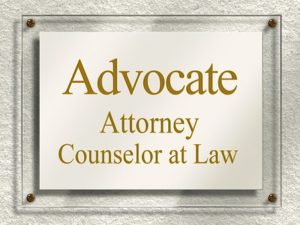
A lawyer cannot work for you if they acted for the other person or have been involved in the past and they have confidential information about them that might negatively affect their interests. It can also be a problem if they are acting for the other person or people involved and they may not be able to act in the best interests of you both because that will be a conflict of interest.
If your interests and that of your lawyer clash then there would be a problem because a case cannot go through.…

